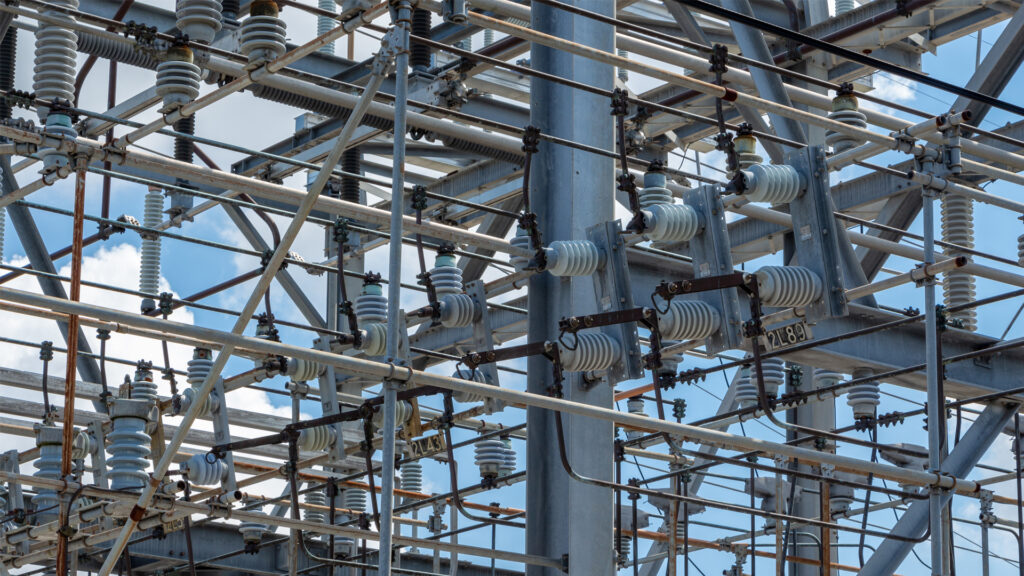By Owen Gaither, The CLEO Institute
Imagine it’s 2 p.m. on a sweltering day, and the outdoors feels like soup. You hunker down inside to escape the heat.
Now, imagine you have no air conditioning. The power company shut off your electricity because you couldn’t afford to pay your bill. What do you do?
For too many Floridians, it’s a life-threatening situation. You might think it’s easy enough to pay your power bill, and those who fall behind are irresponsible. But the truth is, many hard-working Floridians struggle to afford the cost of living in our state, especially as the costs of housing, groceries and insurance keep rising. Nearly half of Florida households don’t earn enough to afford basic needs where they live.

Electricity is among those basic needs that have gotten more expensive. Since 2020, the average monthly bill for Florida Power & Light (FPL) residential customers has increased 29%. FPL just requested to increase residents’ base rates by another 23% over two years. Duke Energy and Tampa Electric (TECO) also increased rates, with residential bills rising more than 17% and 62%, respectively, since 2020.
It’s no wonder that, as of 2023, Florida has the fourth-highest residential electric bills in the country. Meanwhile, the federal government just effectively suspended the most important program for energy bill assistance by firing all workers who administered the Low Income Home Energy Assistance Program.
When a cash-strapped household can’t cover its electric bill, the power company is allowed to cut off the electricity. Florida’s investor-owned utilities (including FPL, Duke and TECO), which collectively serve nearly 8 million households, have among the highest rates of electricity disconnection for nonpayment in the country. In 2021, the last year for which full reporting is available, Florida utilities disconnected customers’ power more than 1.1 million times.
The good news: There are two identical bills in the Legislature that would relieve Floridians when they most need electricity. The Protect Access to Utility Service in Emergencies (PAUSE) Act would suspend disconnections for nonpayment when the heat index is 90 degrees Fahrenheit or higher.
The National Weather Service warns that heat at this level can cause heat stroke, worsen asthma and heart disease, and increase fatalities. With extreme heat surging — Palm Beach and Miami now average 165 and 179 hot days yearly — heat-related ER visits have cost Florida $105 million (2018-2022).
The PAUSE Act would provide critical relief for struggling residents while easing the burden on hospitals. This legislation would be a life saver, especially for seniors, veterans, medically vulnerable residents and 500,000 outdoor workers who may struggle to pay for electricity.
Other states have similar protections. Last year, Virginia passed legislation requiring utilities to suspend disconnections of residential customers for nonpayment when the forecasted temperature exceeds high and low temperature thresholds. Yet the PAUSE Act has not even been scheduled for a committee hearing in the Florida House or Senate, the first step toward passing it into law.

We are past the halfway point of the legislative session. It appears our elected leaders aren’t interested in a bill that favors their constituents over power companies and provides an essential protection of Floridians’ right to live.
It’s time for two of Broward County’s senior legislators to act. State Rep. Chip LaMarca, R-Lighthouse Point, chairs the House committee that would hear HB 419, and state Sen. Jason Pizzo, D-Sunny Isles Beach, is vice-chair of the Senate committee where SB 330 is sitting. They can make a difference by scheduling these bills and giving the PAUSE Act’s common-sense policy the light of day. If they do not act, they will let down struggling Broward County residents and miss an easy opportunity to put Floridians first.
You can also make a difference by attending a town hall Wednesday at New Hope Baptist Church, 1321 N.W. Sixth St., in Fort Lauderdale to discuss FPL’s proposed $9 billion rate hike and ways to push back. It’s time to demand relief and hold power companies accountable.
Owen Gaither is the senior education and outreach manager at The CLEO Institute. Previously, he taught anthropology and sociology at Broward College. He also co-founded Kool 2 Care, a small environmental business working to reduce single-use plastics. Originally from Akron, Ohio, Gaither has been a Florida resident for 15 years. This opinion piece was originally published by the Sun Sentinel, which is a media partner of The Invading Sea. Banner photo: A woman adjusts her thermostat due to the heat (iStock image).
Sign up for The Invading Sea newsletter by visiting here. To support The Invading Sea, click here to make a donation. If you are interested in submitting an opinion piece to The Invading Sea, email Editor Nathan Crabbe at ncrabbe@fau.edu. To learn more about the heat index, watch the video below.




Thanks for this OpEd. We of the faith communities in Gaineville appreciate the information and inspiration and we hope to find a way to ease the energy burden on our frontline communities. It’s tough going here as our city utility is somewhat distracted by political considerations yet we shall find a way.